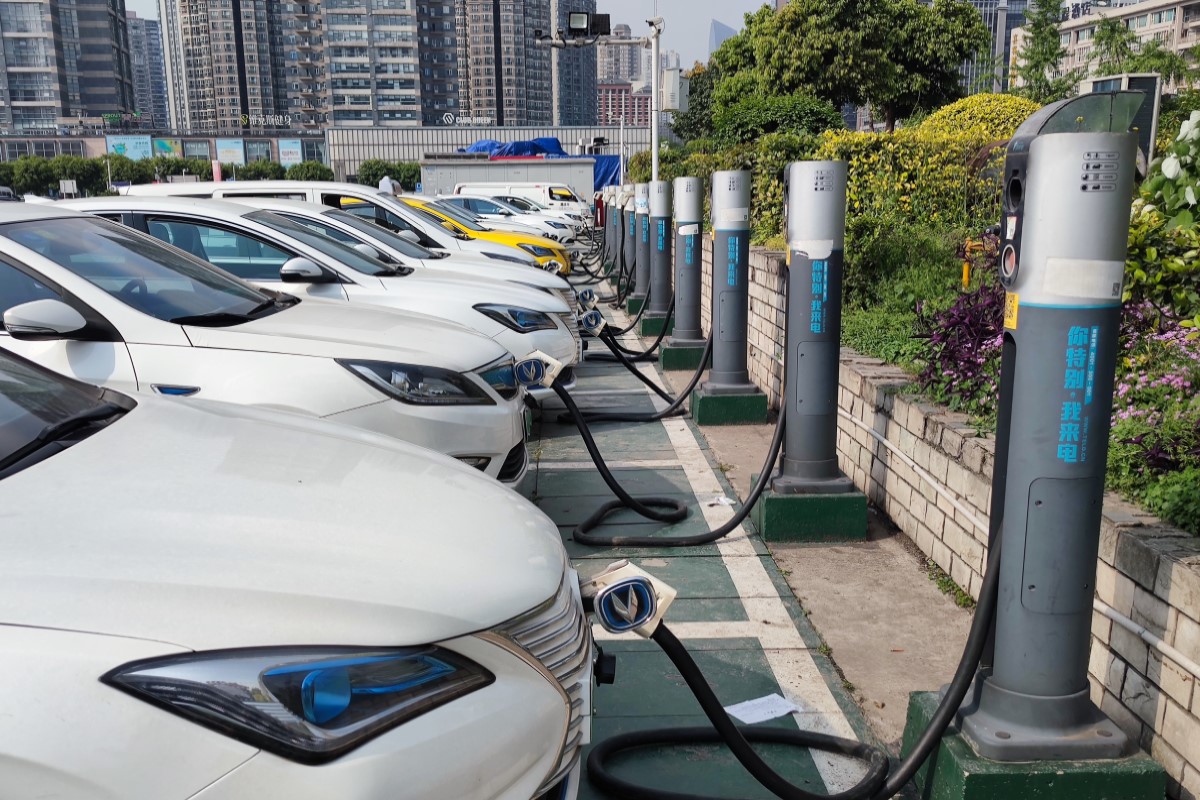Amid dwindling sales of electric vehicles and an effort to boost consumption in the country, Beijing has launched a fresh attempt to ramp up sales of automobiles, especially EVs. China’s EV market is the largest in the world but has seen a slump in sales growth.
The new initiative, led by China’s Ministry of Commerce, will go on for six months starting this month. Dubbed as the “Car Consumption Promotion Activities” the commerce ministry is developing the ‘Hundred Cities Linkage’ auto festival and activities for boosting new energy vehicle consumption in rural areas.
The automobile sales-boosting campaign will promote using new energy vehicles in counties and villages across China through various activities. Some of these efforts include encouraging cost-effective and practical vehicle models such as micro-vehicles, micro-trucks and light trucks in the countryside.
Next up is the improvement in after-sales service network, which includes strengthening EV maintenance services, opening service centres in rural areas and training new technicians around villages.
Charging infrastructure is one of the biggest concerns for EV buyers, and the commerce ministry is pushing to improve the number of charging stations in rural areas.
“The Ministry of Commerce will organize the launching ceremony of the “Thousands of Counties and Ten Thousand Towns” new energy vehicle consumption season in the near future, and guide all localities to launch new energy vehicle “caravans” in more than a thousand counties (districts) and more than ten thousand towns (townships) across the country,” said the ministry in a statement.
Over 50% of global EV sales come from China
China’s EV sector is the most sophisticated in the world, with a range of brands which have various models for customers. Over 50% of global EV sales come from China.
China EV sales fell 2.6% in April, as per data from China Association of Automobile Manufacturers. The industry body said total EV and plug-in hybrid sales were up 41% between January and May, much slower than the 120% growth seen during the same period last year.
This is despite the price war in the China EV sector, first initiated by Tesla. Hefty discounts were expected to push sales of EVs higher, but instead, market analysts believe the price war is having a negative impact on the overall sector.
While domestic sales of EVs weren’t the best in the first five months of this year, China has surpassed Japan to become the world’s biggest exporter of automobiles (EVs and others) in the first three months of this year. Exports of EVs nearly doubled in the first quarter of 2023, making up 40% of all exports.
“We expect China’s NEV market share on a retail basis to rise sequentially for the remainder of the year, with more new model rollouts,” CMB International said earlier this month.
Meanwhile, China is likely to extend NEV purchase tax exemption to push the sales of electric vehicles, reported state media. Specific details about the extension are not available. The NEV purchase tax exemption was supposed to expire at the end of 2023.
“Subsidies are only one factor…The number of start-ups in China is now in the hundreds and these companies are focussing on both lower-priced shorter range vehicles and luxury vehicles,” writes Pritpal Lotay, ETF Specialist EMEA at Nikko AM.
“These car manufacturers are seen as pure players (those investing substantial amounts of money into the EV sector alone) producing attractive-looking and reliable cars. This is driving a change in consumer behaviour. Earlier buyers may have purchased EVs due to subsidies but more consumers are now deliberately choosing EVs.”


 Australia
Australia China
China India
India Indonesia
Indonesia Japan
Japan Malaysia
Malaysia Philippines
Philippines Singapore
Singapore South Korea
South Korea Taiwan
Taiwan Thailand
Thailand Vietnam
Vietnam







